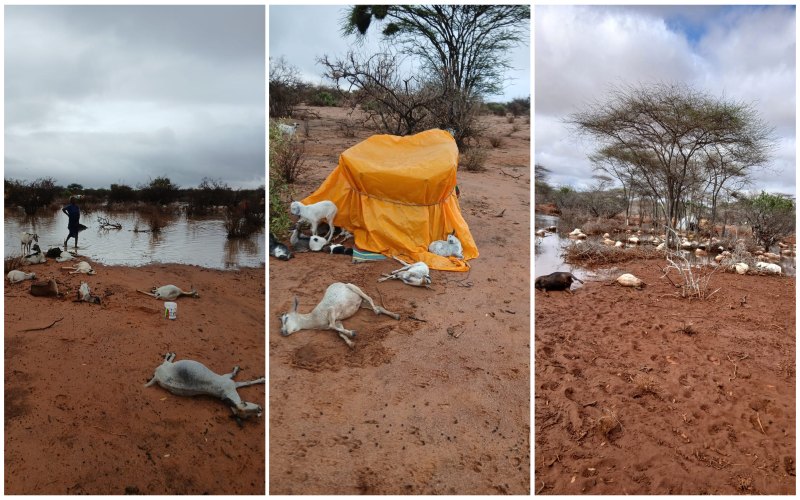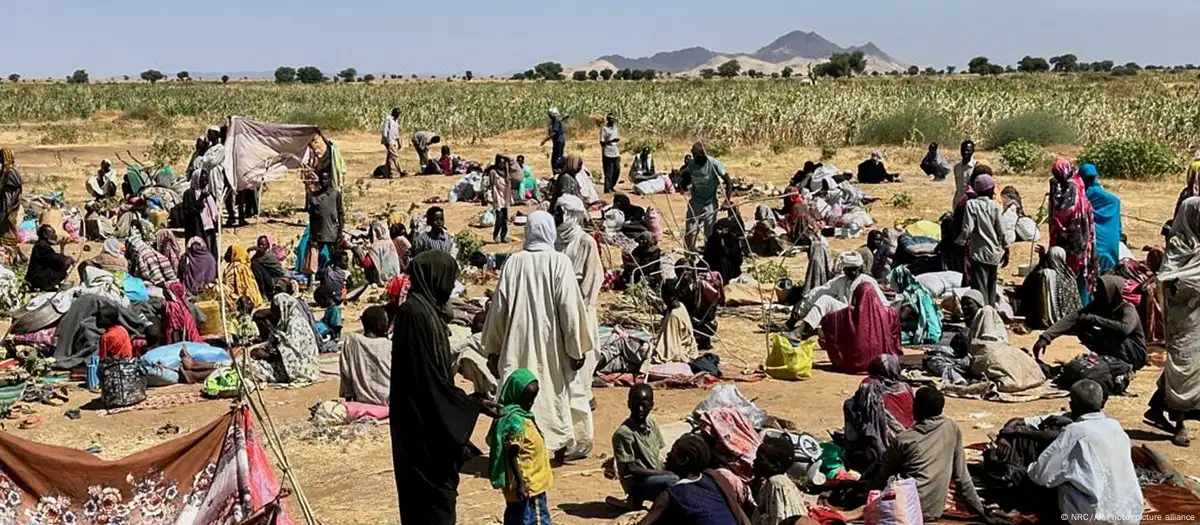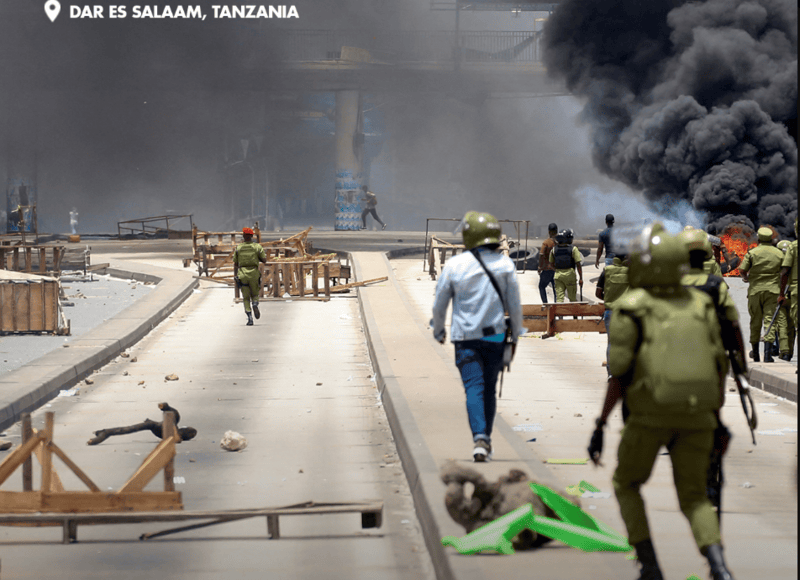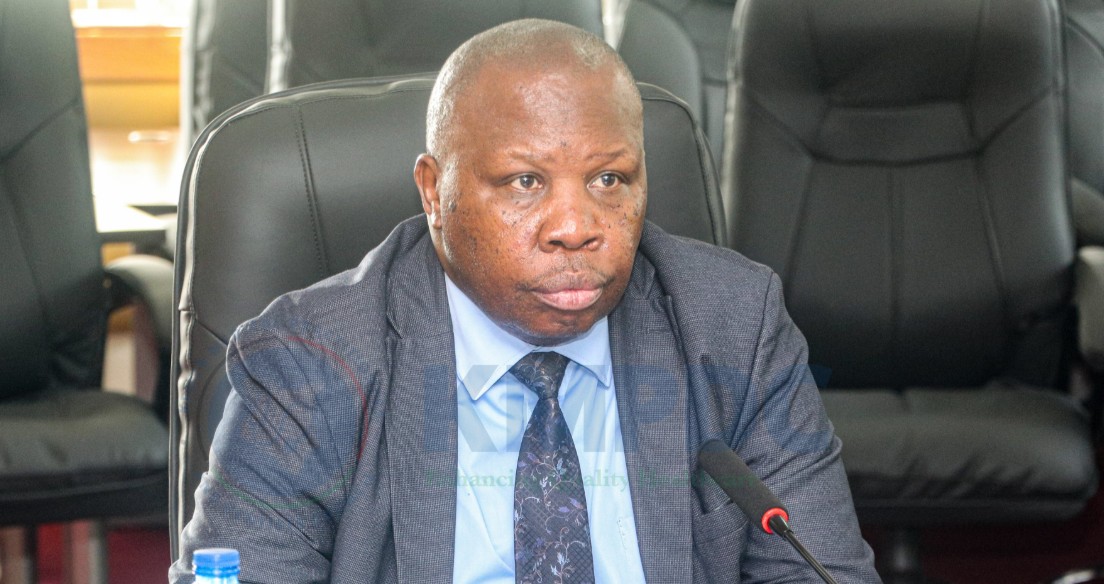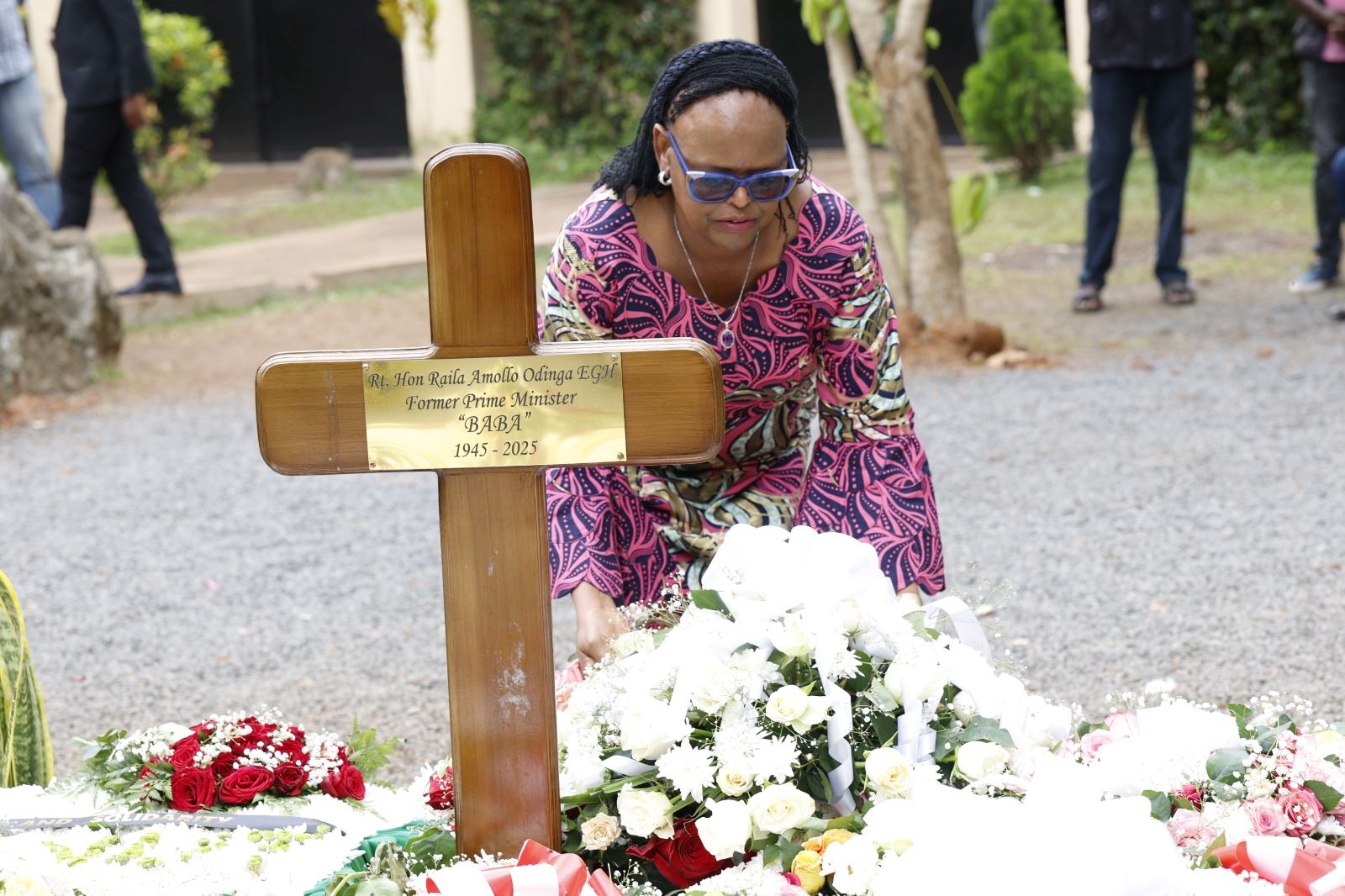Majority of pilgrims leave Mecca as Hajj concludes

Pilgrims participated in the third and final symbolic stoning of the devil, after which they headed to Mecca to perform the "tawaf," - the final circling of the Kaaba in the Grand Mosque.
The annual Hajj pilgrimage has come to a close with the completion of key rituals, prompting the majority of Muslims to begin their departure from Mecca, Saudi Arabia.
Pilgrims participated in the third and final symbolic stoning of the devil, after which they headed to Mecca to perform the "tawaf", the final circling of the Kaaba in the Grand Mosque.
This ritual, known as the Farewell Tawaf, involves circling the Kaaba seven times in an anticlockwise direction, signifying the end of the pilgrimage.
Mejahed al-Mehrabi, a pilgrim from Yemen, expressed his contentment upon completing the ritual, stating, "I am reassured. I feel comfortable," he said, as quoted by the Associated Press (AP).
With the conclusion of Hajj, pilgrims observe the tradition of physical renewal, with men shaving their heads and women snipping a lock of hair.
Instead of returning directly home, many pilgrims travel to Medina, approximately 340 kilometres away, to pray in the Prophet's Mosque, which houses the Sacred Chamber.
This mosque is one of the three holiest sites in Islam, alongside the Grand Mosque in Mecca and Al Aqsa Mosque in Jerusalem.
Saudi Hajj authorities reported that over 1.83 million pilgrims participated this year. Of these, 1.6 million were international pilgrims from 22 countries, while around 222,000 were Saudi nationals.
Hajj, the fifth pillar of Islam, mandates every able Muslim to undertake the pilgrimage at least once in their lifetime. However, wealthier Muslims often perform Hajj multiple times.
This year's pilgrims suffered extreme heat, resulting in the deaths of over 550 pilgrims, according to AP, which said heat-related illnesses claimed the lives of 323 Egyptian citizens and 60 Jordanians.
The excessive temperatures posed significant challenges for the pilgrims, leading to a substantial number of heat-related illnesses and fatalities.
In response to the situation, Egypt's foreign ministry announced on Tuesday that it was working with Saudi authorities to locate Egyptians who had gone missing during Hajj.
While the ministry confirmed that several deaths had occurred, it did not specify whether any missing locals were among the deceased.
Saudi health officials have provided updates on the situation. Jameel Abualenain, head of the Health Ministry's emergencies directorate, told Reuters that authorities had not observed any unusual increase in the number of deaths among pilgrims despite the high temperatures.
He reported that the ministry had treated more than 2,700 people for heat-related illnesses.
Other Topics To Read
"We haven't noticed, thank God, any abnormality or deviation from the normal numbers of morbidities and mortalities," Jameel said.
The conclusion of Hajj marks the end of a significant spiritual journey for millions of Muslims worldwide, many of whom will carry the experience and its profound impact with them for the rest of their lives.
Top Stories Today





